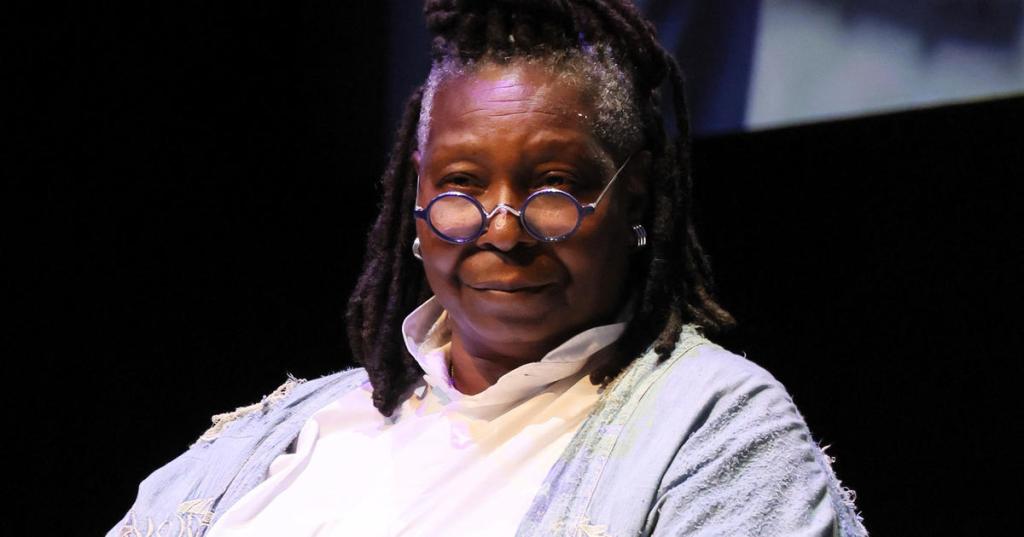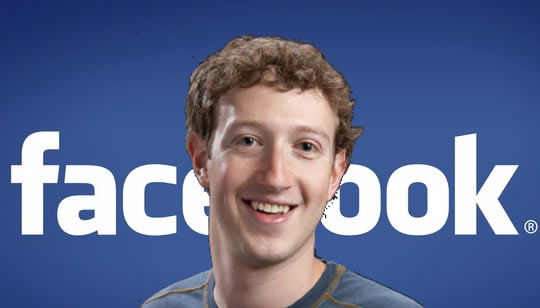
As a proud Jew and vocal Zionist, I find the recent backlash against Bradley Cooper to be beyond ridiculous. Before anyone chooses to criticize the choice of how best to look like Leonard Bernstein, one needs to start by doing one thing. Look at a picture of Leonard Bernstein. The man had a pronounced nose. But as someone who has a stake in this conversation, I believe this whole discussion needs to go much deeper. What is my personal stake you ask? It is a simple answer. I am the author of a book titled , “Jew Face: A story of love and heroism in Nazi-occupied Holland.”
I have so many problems with this discussion that I almost don’t know where to start. I will start by saying that if you are someone who sees depicting an immensely talented Jew in a different manner than he actually looked, your attempts to avoid prejudice indicate either an ignorance as to to what it means to be a Jew, or a leaning toward such prejudice. Whether or not this movie is prejudiced against Jewish people will be indicated in the plot and dialogue, not in the attempt for the lead actor to look like the person he is playing. On the surface, I am not concerned. Leonard Bernstein was a brilliant conductor. This is why this movie is being made. Other aspects of the movie, be they favorable or not, will only indicate prejudice if they are incorrect or used to push an agenda against Jews. If for no other reason, this alone would be enough for me to tell people to get a grip.
What also bothers me is something that has bothered me for quite some time, albeit a wonderful opportunity for self-promotion. The word Jew is not a bad word. The context in which any word is used when describing a person or group will often determine how good or bad a word is. One of the main reasons I called my book “Jew Face” is because when you looked like my mother in 1940 Amsterdam, there was no questioning the fact that you were Jewish. But funny enough, not because she had a pronounced nose, which she somewhat did when she was younger. Rather because of the fact that she had dark hair, and a darker complexion than the typical Dutch person, and being from Spanish-Portuguese descent, even darker than many Jews. One of them being my fair skinned, redheaded (at the time), father. I guess that would mean, by 1940’s Dutch standards, if you got someone with dark hair and even slightly dark skin to portray my mother, that would be seen as Jew Face as a negative term. So this speaks to how perception is what creates this problem, not fact. The fact is, that if you depict a Jewish man or woman accurately, you are being a responsible reporter or filmmaker. If you break away from the truth to depict a hateful stereotype, THEN you should be seen as a problem. It should not be based on how accurately you attempt to make the person’s facial features look.

Going back to how the word Jew is not a bad word, I will reflect on a story regarding my late mother Sipora Groen, the woman on the cover of “Jew Face”. When speaking to a group of people and telling her story with the help of my book, someone confronted her saying, “Jew Face is an ugly title”. My mother responded immediately saying, “it was an ugly time”. If your focus is on the fact that the way something sounds offends you, rather than the importance of its content, you become part of the problem.
Which brings me to my next point. If you are up in arms about a prosthetic nose, used to depict a Jewish legend with a large nose, I must ask you where you were in the past? Where were you when Ilhan Omar said, “it’s all about the Benjamins”, when criticizing Jewish influence? Or when Marjorie Taylor Greene said that there are “Jewish space lasers” trying to shoot down Santa Claus. Or when Bryan Adams distorted facts about Gaza while never criticizing Palestinian terrorists targeting Jewish civilians. Have you paid to hear Roger Waters lately? The man who repeatedly calls Israel an Apartheid State? Or are you just concerned about a high profile nose, because it suits your agenda or speaks to your ignorance?
Bradley Cooper has never exhibited any public prejudice towards anyone. For all I know, and I won’t research it because I don’t care, he isn’t even the one who decided on the nose. If you want to fight for Jewish causes, how about taking on the difficult fights. Not the one that brings attention to a silly stereotype that only means anything if you associate it with something negative. All this is to me is another example of virtue signaling. For those who don’t know what virtue signaling is, it is when you express a strong opinion because you want to show how good you are, not because you really care. Before you say another word about Bradley Cooper and a prosthetic nose, look into your heart and figure out how much you really care.
Like what you see? Feel free to share!
Also learn more at



 Sometimes as a writer you have to look for a topic to write about, while other times the topic is put in front of you on a silver platter. As the son of Holocaust survivors, more specifically Holocaust survivors from Holland, with the existing quarantine we live in and the continuing conversations about Anne Frank that some seem to think is relevant to our current state of affairs, I have been presented with that aforementioned silver platter.
Sometimes as a writer you have to look for a topic to write about, while other times the topic is put in front of you on a silver platter. As the son of Holocaust survivors, more specifically Holocaust survivors from Holland, with the existing quarantine we live in and the continuing conversations about Anne Frank that some seem to think is relevant to our current state of affairs, I have been presented with that aforementioned silver platter. Dear Nurses of the world,
Dear Nurses of the world,






